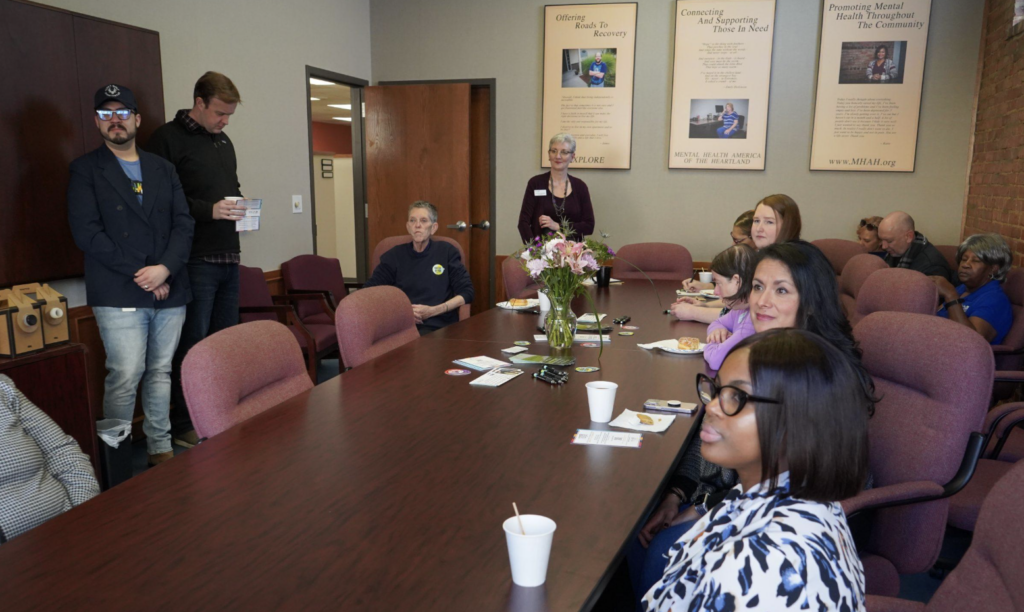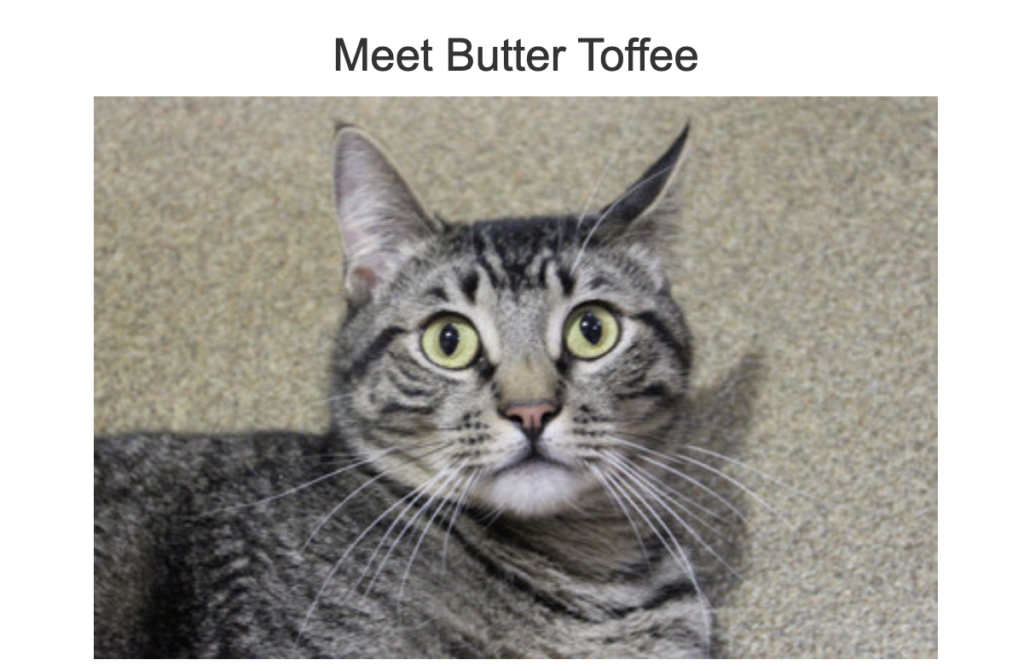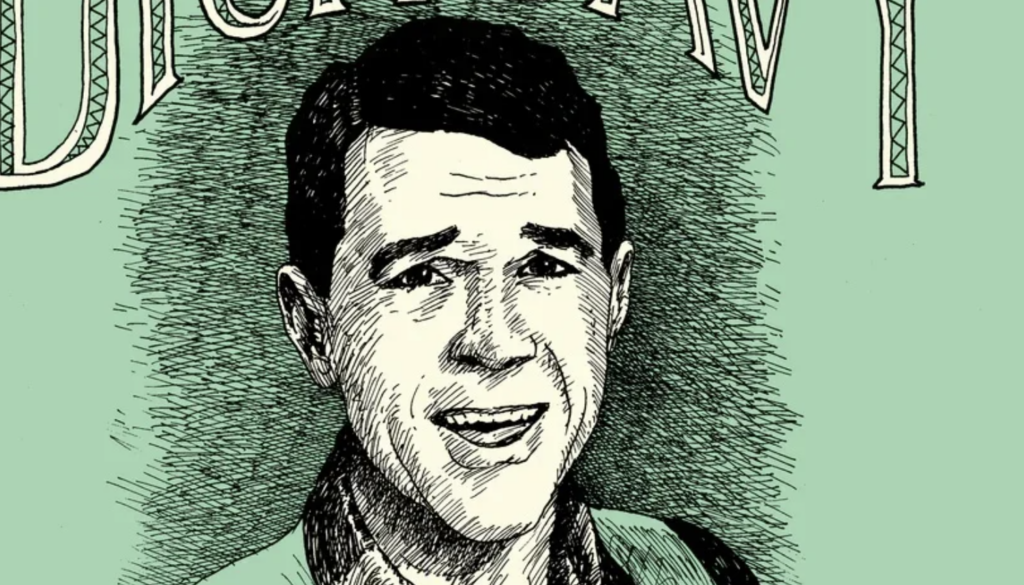Sunni Wooten pushes back on adversity to provide exceptional cannabis service in North KC
Retail workers are the face of any industry. When individuals make their purchases at their respective counters, it is the interaction with the clerk that leaves a lasting impression. This is what makes good customer service so valuable for a company; In order to grow and maintain success, customers must feel welcome first and foremost.
This is no different for the Missouri cannabis industry. Consumers don’t see the cultivators, manufacturers, lab technicians, and everyone else who is working behind the scenes to provide quality products to the market.
Similar to how a bartender makes you feel heard and seen when you are plopped on a barstool after a long day at work, it is the job of budtenders to facilitate an enjoyable, memorable experience while also assuring the consumer that they are getting a product fit for their desires.
Sunni Wooten, a budtender at SWADE’s North KC location, understands how important her role is in this supply chain and works to establish meaningful connections with all of the customers who come through her line. At SWADE, Wooten is a bright burst of light, persistent in providing valuable information on specific products while also being a great conversationalist. Without knowing her on a personal level, the average consumer could never guess that Wooten’s journey to legally selling weed is full of trials and tribulations.
Growing up in the Lake of the Ozarks area, Wooten’s coming of age was different from most urban childhoods. She was exposed to a different style of life that cannot truly be found within city limits. Of course, this rural lifestyle came with all the basic country stereotypes, but there is more to Wooten’s journey than the average boot clickin’, banjo pickin’ tale.
Wooten excelled in school, scoring a 28 on her ACT and receiving a full-ride scholarship to Southeast Missouri State University by the end of her high school career. But continuing her education wasn’t in the cards. Instead, she married her boyfriend at the time and got a job at a local dentist’s office, which was a fairly high-paying job for the area, she says.
And while the occupation was ideal enough for her to stay in the Ozarks, her marriage was the exact opposite. Wooten says that her former husband was incredibly abusive and manipulative, having put her and their child in danger numerous times. Physically assaulting her, stalking her whereabouts, tampering with her and her family members’ cars were just a few of the ways that he tormented Wooten’s life.
After they divorced, she says that he got into a rough car accident that left him with a severe brain injury, ultimately altering his already psychotic state of mind. Two years later, he shot himself in front of their young child in an attempt at suicide, yet survived.
After court battles, Wooten and her son scrammed. But trouble continued to find her. Narcotic addiction was prominent in the area during that time, Wooten says, knowing many friends who partook in the narcotic. That was the case for her next husband, Mike “Woot” Wooten.
But Wooten wasn’t just about to hop into a marriage with a man who was addicted and strung out on narcotics, especially after all that she had already endured. Taking the trauma that her last marriage bestowed upon her into consideration, she set some simple ground rules: no narcotics.
Woot agreed to her terms, and the two shipped off to Liberty with her son after Wooten got a job with the public defender’s office as a legal assistant. The shift to city life was a bit overwhelming for the family at first.
“I am so country compared to here, it’s not even funny,” Wooten says. “I’d never seen stop lights that didn’t go all the way across the road.”
Not only was the transition to urban culture a major change, but the new occupation brought its own challenges as well.
“I met murderers my second week,” Wooten says. “In some of the cases I worked on, like Precious Doe, Michelle Johnson was my case.”
Eric Michelle Marie Green, also known as Precious Doe, a three-year-old child at the time, was murdered in 2001. Her mother, Michelle Johnson, and stepfather, Harrell Johnson, were charged with the crime. In 2008, Harrell was sentenced to life in prison, and Michelle was sentenced to 25 years. Prior to the sentencing, Wooten was a shoulder for Michelle to lean on.
“For four years while she waited on her trial, it was my job to keep her happy, to get her to trust people, but that’s the one thing I was really good at, because country and being from the hood are not much different,” Wooten says.
She says that she and Michelle still keep in touch to this day, saying the two share “a unique bond.”
While working at the public defender’s office, she became familiar with NORML—a nonprofit advocacy group aimed at reforming cannabis prohibitions that was founded in 1970. Already a cannabis consumer, Wooten hopped on the NORML train and began championing the plant with the group.
“I enjoyed advocating, and the biggest part for me was education, and still is, because I believe that is so important,” she says.
Around the same time that she was learning more about the benefits that cannabis has to offer, in 2014, Wooten’s mother passed away. Native to the Cherokee Nation, Wooten began digging deeper into her family’s native roots.
“With that came learning about cannabis and all the healing powers and all the spiritual powers,” she says.
As the years went by and medical marijuana was soon to become legal in Missouri, Wooten’s extensive research on the plant, along with her past experience consuming, sparked a new business idea: she and Woot would apply for a cannabis license, combining her knowledge on the herb and her personability with his ability to grow quality product.
“He had such a green thumb,” she says. “He could grow anything, and I could sell anything.”
With investors on their side, Wooten says that the two were just playing the waiting game before the venture concept would crumble. Woot had gotten back on narcotics.
Wooten says that, after convincing him to go get detoxed, “he flipped” and took off from their home. “About four hours later, the cops knock on my door, and he’s dead,” she says.
Just six months later, one of Wooten’s best friends passed away, also due to narcotic addiction.
“It was something I was always around, but it just wasn’t my thing,” she says. “Why not me? The survivor’s guilt is crazy.”
The next few years were shaky for Wooten, spending little time working. When it was time for her to punch the time clock again, she wasn’t going back to the public defender’s office; She headed for the cannabis industry, first working as a brand ambassador, which she was not very fond of. She knew that she wanted to work in the sector, but a change was necessary. And as she has done plenty of times in the past, she sweet-talked her way into a job as a budtender.
“Riverside Wellness was where I shopped most of the time, and I kept talking to them about a job, and eventually they hired me,” Wooten says.
During her time in Riverside, the budtender says that middle-aged and older consumers were her main customer demographic, as they could feel a close connection to her.
“I had the 40 to 70 [year old] crowd wanting my knowledge, because I’ve been studying this shit since 2012,” Wooten says. “Sometimes I feel you have to have somebody my age to tell
you. You need something that looks like you.”
Through her studies, she was able to offer her knowledge to a friend who was diagnosed with fibromyalgia. Wooten advised her to ditch the oxycodone and hydrocodone for cannabis patches and edibles, which she says reshaped her life. In turn, it has changed how she guides consumers based on their needs at SWADE.
“They sell out of patches half the time when I’m there, because I promote them so much,” she says. “But I believe in them. They really take the pain, and they’re not psychoactive.”
Every day, Wooten leans on her past experiences, good and bad, to provide quality service to a fresh Missouri cannabis market. She is a luminous, pure flare of joy for those searching for weed on the north side of town. Without budtenders like Wooten, the local industry would simply not be the same.
And her exceptional support for customers does not end when she clocks out of work. Not only does she provide great customer service in-store, but she also goes the extra mile for some of the more inexperienced consumers.
“I have people all the time who ask me things, and I will go, not on working hours, and help them or teach them to dab,” Wooten says.
In fact, she was heading off to teach a 70-year-old woman how to take her first dab as we wrapped up our interview. Right on par for the North KC budtender.







